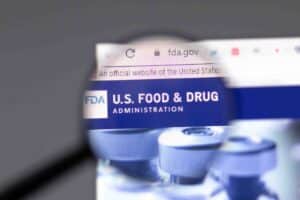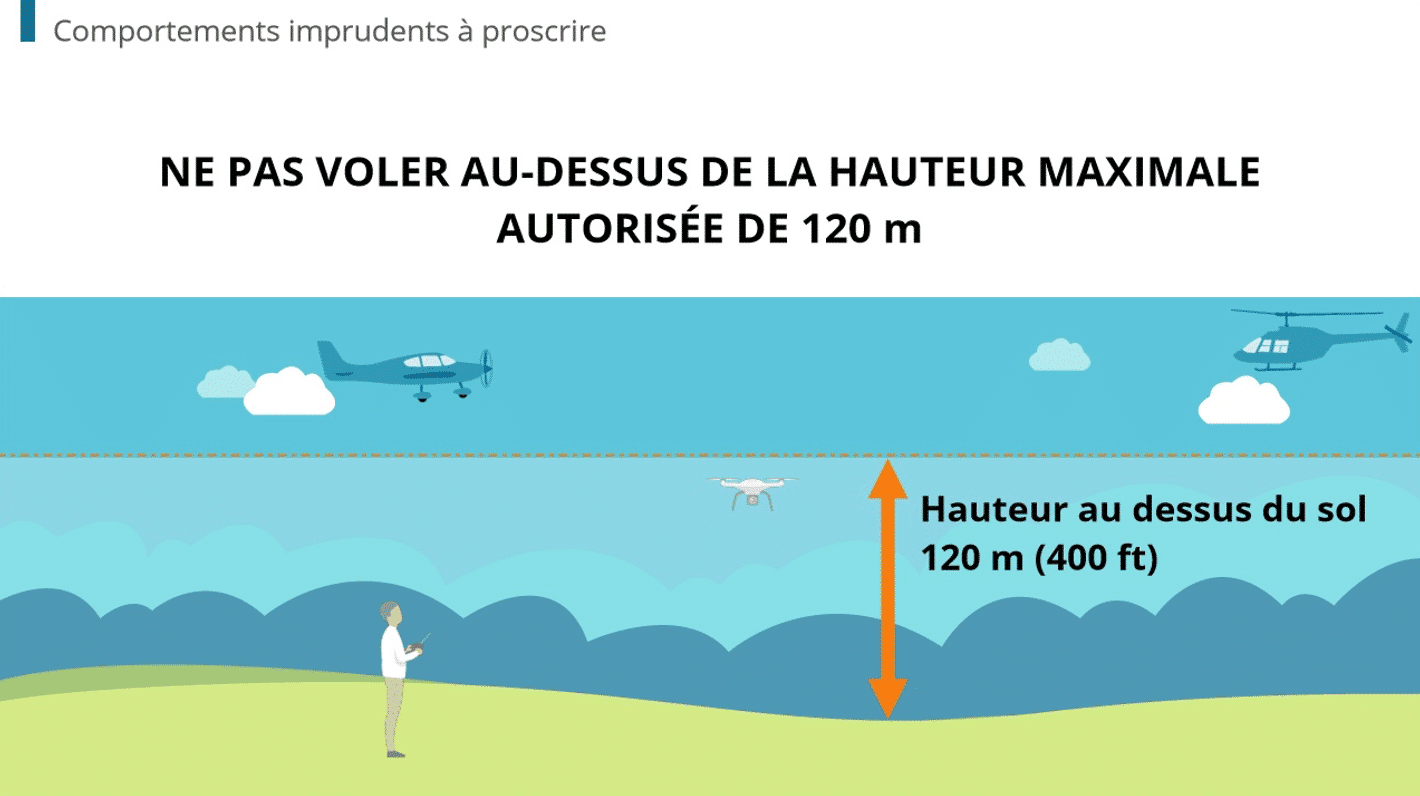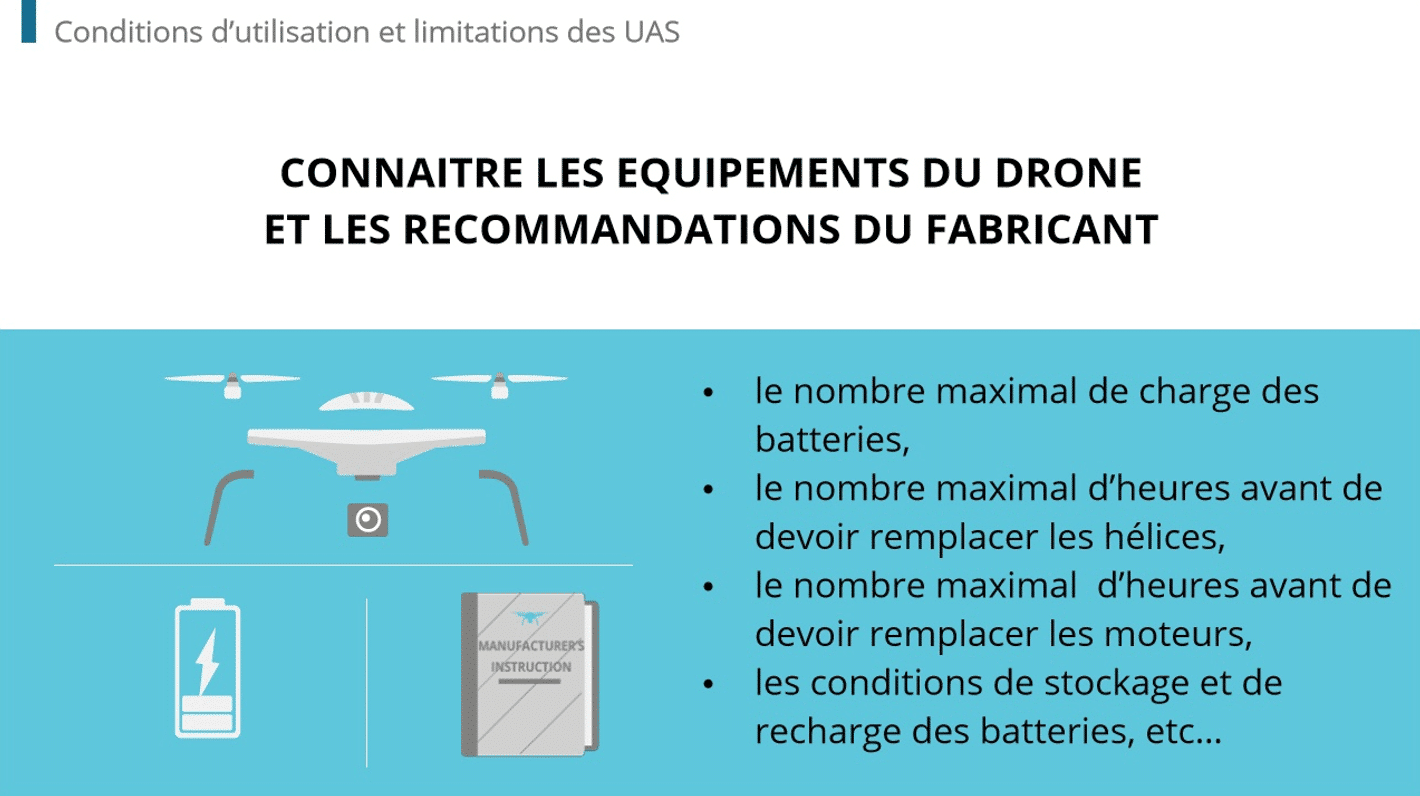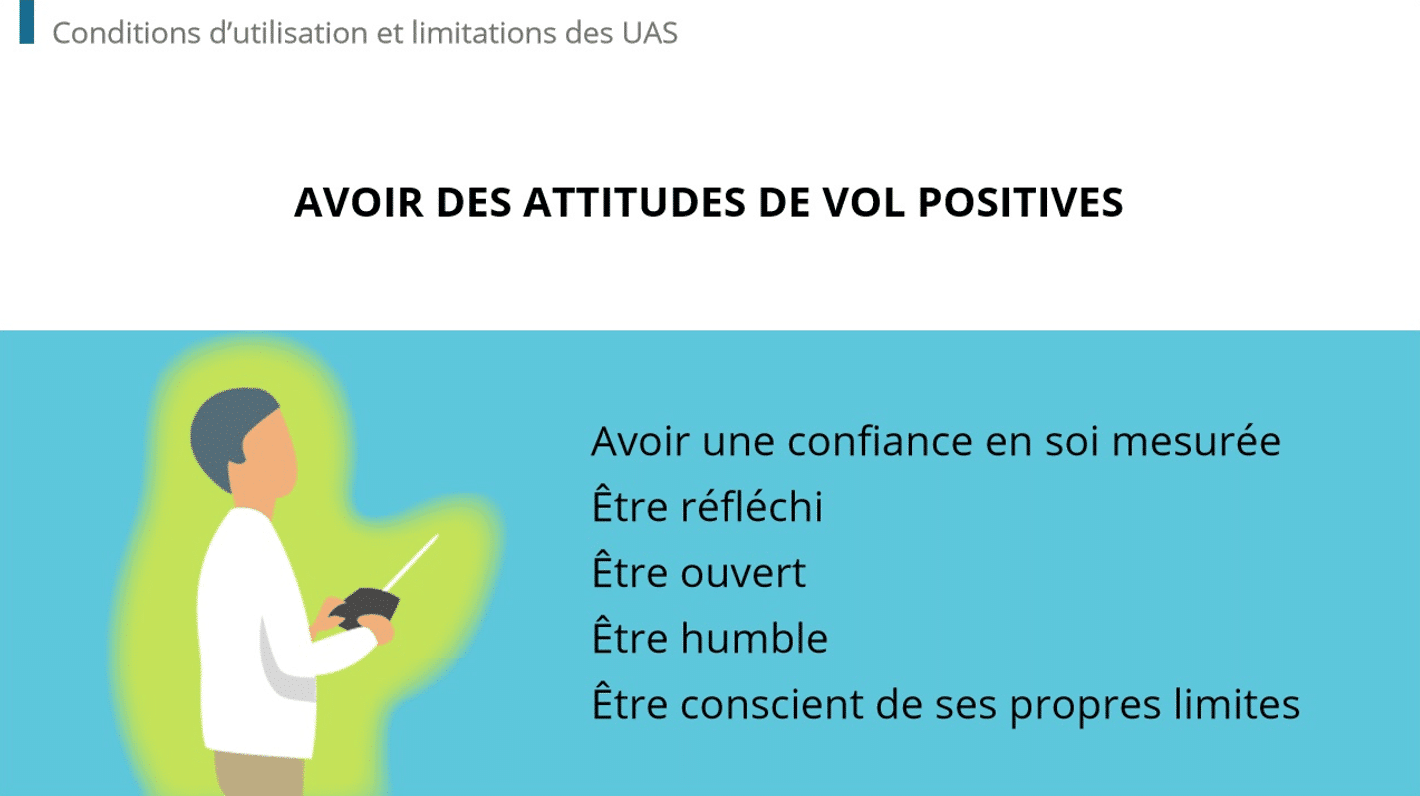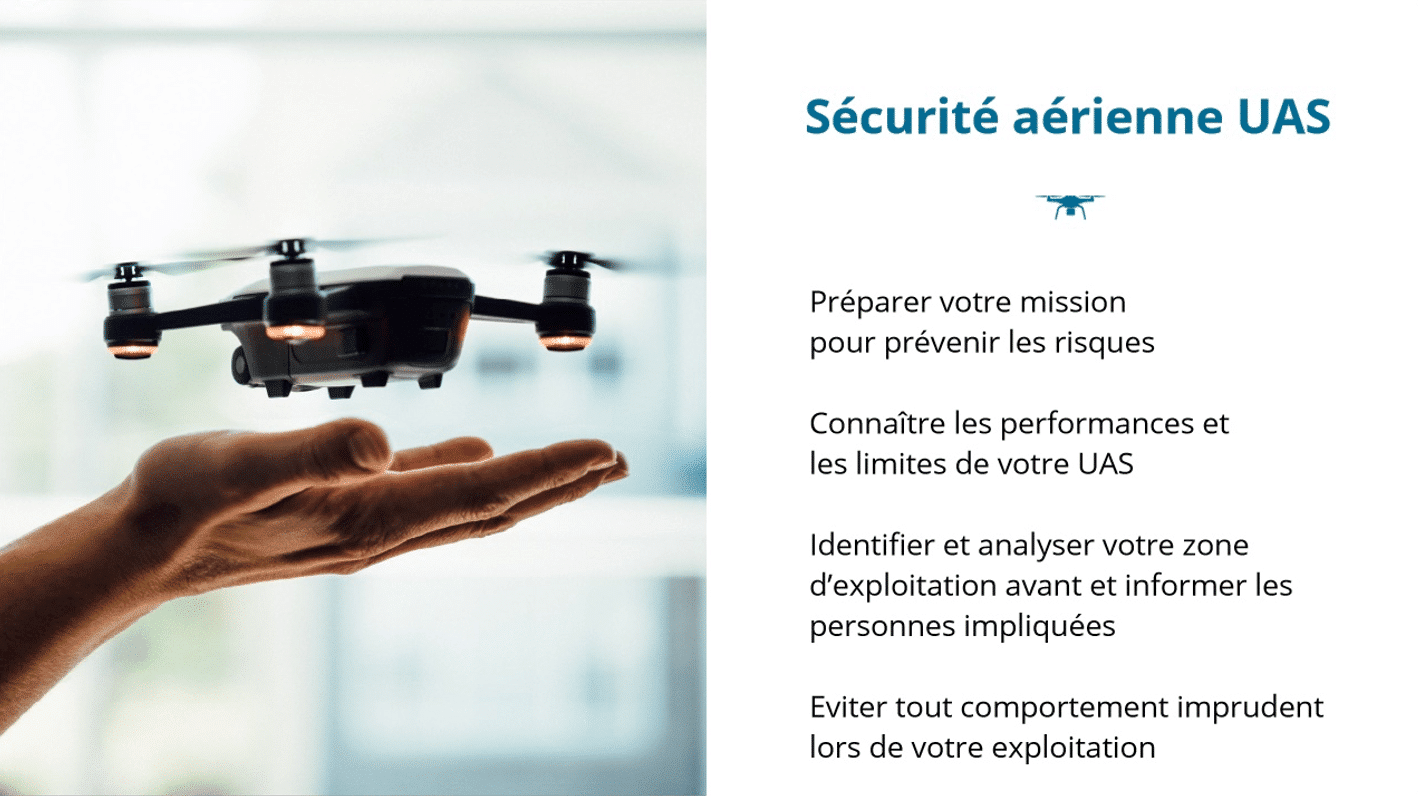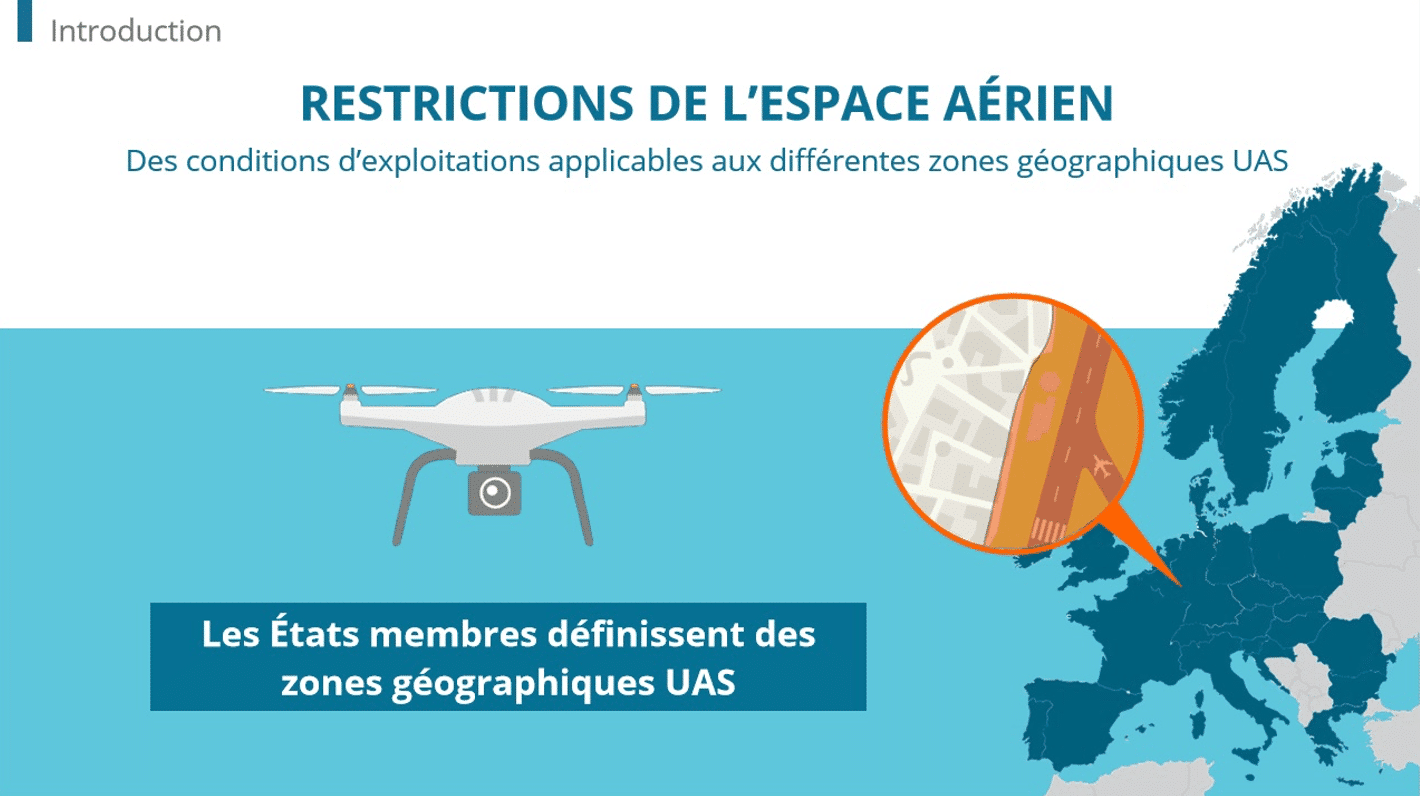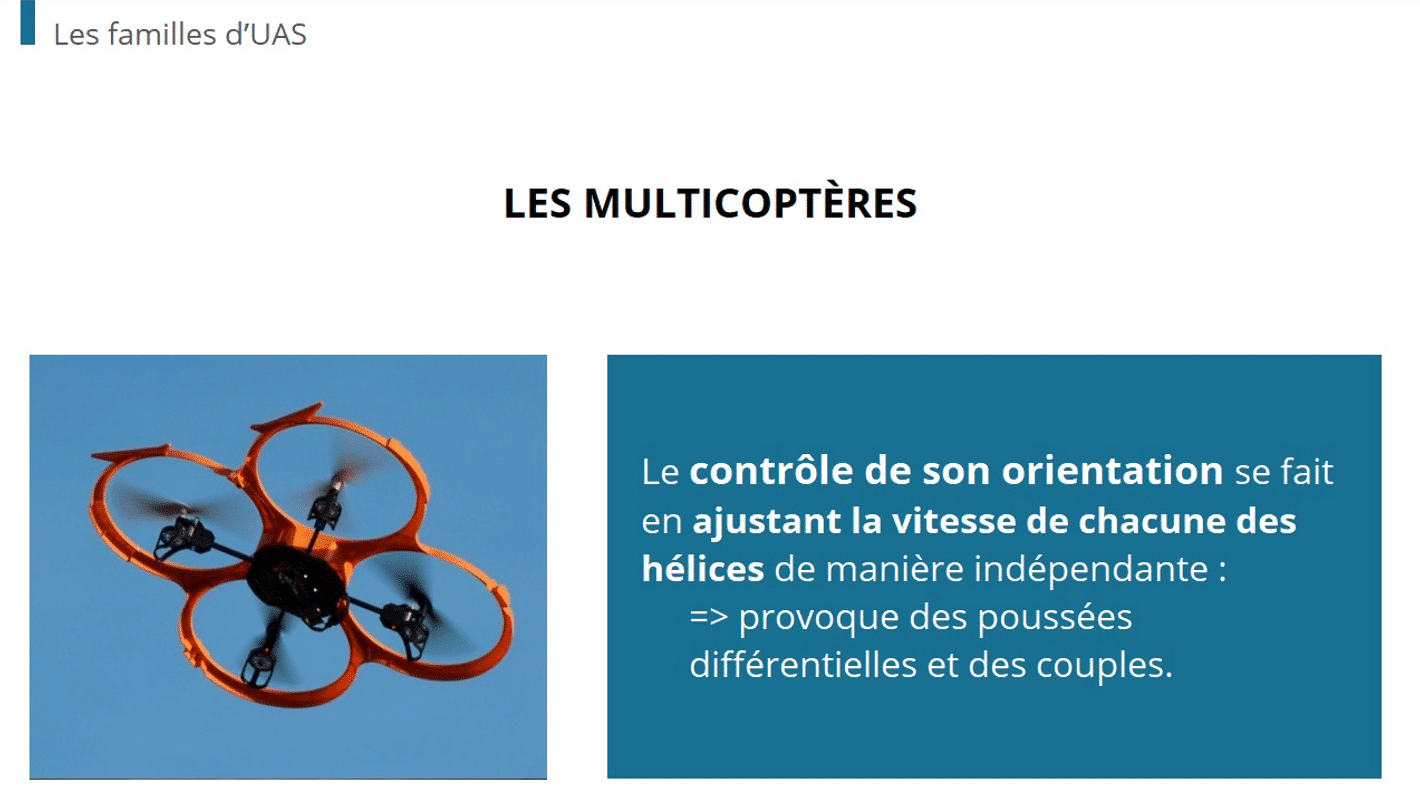What happens when Good Manufacturing Practices are ignored? Between 2013 and 2022, inspections revealed over 1,400 deficiencies, with hundreds classified as major or critical. These findings emphasize the urgent need for thorough training and compliance in pharmaceutical manufacturing.
To meet regulatory requirements, companies must provide employees with precise, up-to-date training while keeping detailed records for audits. Validating a learning management system (LMS) is a critical part of building GMP training programs with the intended outcomes prioritizing consistency, accuracy, and inspection readiness.
Driving Excellence in Pharma with GMP Training
Designed to mandate the safety and efficacy of pharmaceutical products, GMP regulations cover every stage of production. GMPs cover every stage of production, like facilities and equipment as well as raw materials and employee training.
GMP focuses on four key goals:
- Consistency in processes
- Regulatory compliance
- Effective risk management
- Driving continuous improvement
Under 21 CFR 211.25 (a)—Personnel Qualifications, GMP training is mandatory to ensure all employees carry out processes in line with GMP guidelines and established procedures. This training is essential to make sure employees have the knowledge and skills to comply with GMP standards.
Beyond compliance, GMP training and certification are a globally recognized benchmark for quality. It is also crucial to maintain your company’s reputation and competitiveness in a highly regulated global market.
What Does LMS Validation Mean?
LMS validation is the process of confirming that a learning management system (LMS) fulfills all regulatory, operational, and functional requirements. This process includes comprehensive testing and documentation to verify that the LMS functions as it should and complies with all industry guidelines. The validation process is essential for pharmaceutical companies, where regulatory bodies closely monitor training and compliance.
The Link Between LMS Validation and GMP Success
LMS validation is critical for effective GMP training, which forms the foundation of compliance. An unvalidated LMS increases the likelihood of deviations, endangering both product integrity and the safety of manufacturing operations. Thus, ensuring your LMS software is validated is a vital part of making sure all manufacturing workflows are accurate, consistent, and compliant
6 benefits of LMS Validation for GMP training
- Regulatory compliance: LMS validation ensures the platform’s compliance with regulations such as FDA 21 CFR Part 11 and EMA guidelines, which require the platform to be secure, reliable, and traceable. This is achieved with electronic signatures, timestamps, data integrity, and certificate authentication. Validated systems ensure you are always audit-ready with transparent records of all training activities.
- Data integrity and security: Validation ensures that all training data (records, certifications) are stored securely and comply with data integrity standards. With enterprise-grade security protocols, Dokeos LMS is equipped to protect your GMP training modules from potential threats, both internal and external.
- Consistency in training delivery: A validated LMS system ensures the consistent delivery of GMP training materials. This is achieved through centralizing training materials, SOPs, and certification records, streamlining document management, and eliminating duplications. Dokeos’s adaptable course design tools allow you to tailor training modules to specific GMP guidelines, keeping employees aligned with regulatory changes and internal policies.
- Comprehensive training analytics: A validated LMS includes advanced analytics that monitors (and reports on) employee training progress, completions, and certifications accurately, returning information about employee training performance, certification status, and completion rates. Based on these insights, you can rework training programs to close knowledge gaps and maintain audit-ready documentation effectively.
- Audit readiness and Risk mitigation: A validated LMS offers detailed audit trails with time-stamped and authenticated training records.
- Scalability and adaptability: A validated LMS can seamlessly handle updates, new training content, and scale effortlessly as the company grows, maintaining long-term compliance with evolving regulations.
Dokeos LMS for GMP Training
Beyond being a regulatory compliance solution, Dokeos LMS lays the groundwork for impactful GMP training, making sure you completely comply with industry standards. By developing a validated and GxP-compliant system, we align with FDA CFR 21 Part 11, EMA, and ISO standards, providing you with a robust and reliable platform for maintaining compliance in a high-stakes environment.
Our system’s advanced features improve GMP training by offering compliance consulting services, course design tools, integrated video conferencing, and customizable dashboards. With centralized training documentation, automated updates, and real-time material access, staying compliant is easy.
We simplify creating and delivering tailored training courses, integrating them with your existing processes and Quality Management System (QMS). Traceability is proven through detailed audit trails, timestamped records, and automated certification tracking. Our real-time analytics help monitor training effectiveness and identify knowledge or skill gaps so that you can adjust training strategies for continuous improvement.
Access our GMP Documentation and Record Retention course for pharmaceutical manufacturers.
Achieve compliance with Dokeos LMS as you cultivate a culture of quality, innovation, and operational excellence.
Book a demo to see the platform’s features or schedule a free trial today.
FAQs
What is GMP training?
GMP (Good Manufacturing Practices) training establishes standards and guidelines providing employees with the knowledge and skills required to produce and control medical products. These skills (and knowledge) prevent contamination, errors, and failures while protecting product safety and efficacy.




